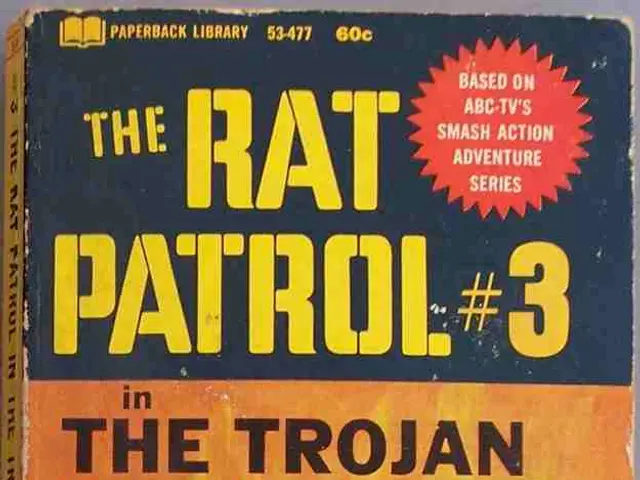Army Bomb Disposal Team Sets Up New Station in Nuneaton
British Army's Bomb Disposal Unit Moves to State-of-the-art Facilities
The Nuneaton EOD Troop, a critical component of the British Army's explosive ordnance disposal (EOD) operations, has relocated to a modern compound at Gamecock Barracks in Nuneaton, Warwickshire. This move marks a significant milestone for the unit as it continues its mission to safeguard the public and military from explosive threats.
The Nuneaton EOD Troop, formerly known as the Nottingham EOD Troop, is part of 721 EOD Squadron, Royal Logistic Corps. This squadron forms part of 11 EOD and Search Regiment, the Army's specialist unit for handling and disposing of explosives across the UK. The Regiment, the most highly decorated peace time Regiment in the British Army, provides the highest level of EOD, Search, and Electronic Warfare support to Defence and the Home Office.
The new compound, delivered under the DEO Army Programme by the Defence Infrastructure Organisation (DIO), includes a modern office building, garage, secure store, and training area. The facilities were constructed by companies such as Willmott Dixon and General Dynamics UK Land Systems, with VIVO Defence Services serving as the main contractor and Tetra Tech as the designer.
In addition to the new facilities, the British Army has announced a new deal for high-tech bomb disposal robots. These robots, capable of operating in narrow spaces and tough terrain, will provide greater protection for soldiers and the public from a variety of threats including explosives and hazardous materials.
Recently, a 500kg WW2 bomb was safely removed from a residential property in Plymouth in a complex operation involving more than 100 personnel from the British Army and Royal Navy. This operation was one of the largest evacuation operations in the area. The new robots are expected to streamline such operations, reducing risk and increasing efficiency.
The Nuneaton EOD Troop is also responsible for storing and maintaining land service ammunition and explosives, as well as providing technical support and ensuring UK-wide protection from explosive, chemical, biological, and radiological threats.
In a separate development, the Royal Engineers sappers have delivered crucial EOD training to Ukrainian soldiers as part of the Army's ongoing support to Ukraine. Moreover, the UK has provided 1,500 mine detectors to Ukraine to aid in their efforts to clear landmines and other explosive remnants of war.
The move to Gamecock Barracks and the introduction of new technology underscore the British Army's commitment to maintaining its status as a world-leader in EOD operations, ensuring the safety and security of both the military and the public.
Read also:
- United States tariffs pose a threat to India, necessitating the recruitment of adept negotiators or strategists, similar to those who had influenced Trump's decisions.
- Weekly happenings in the German Federal Parliament (Bundestag)
- Southwest region's most popular posts, accompanied by an inquiry:
- Discussion between Putin and Trump in Alaska could potentially overshadow Ukraine's concerns








